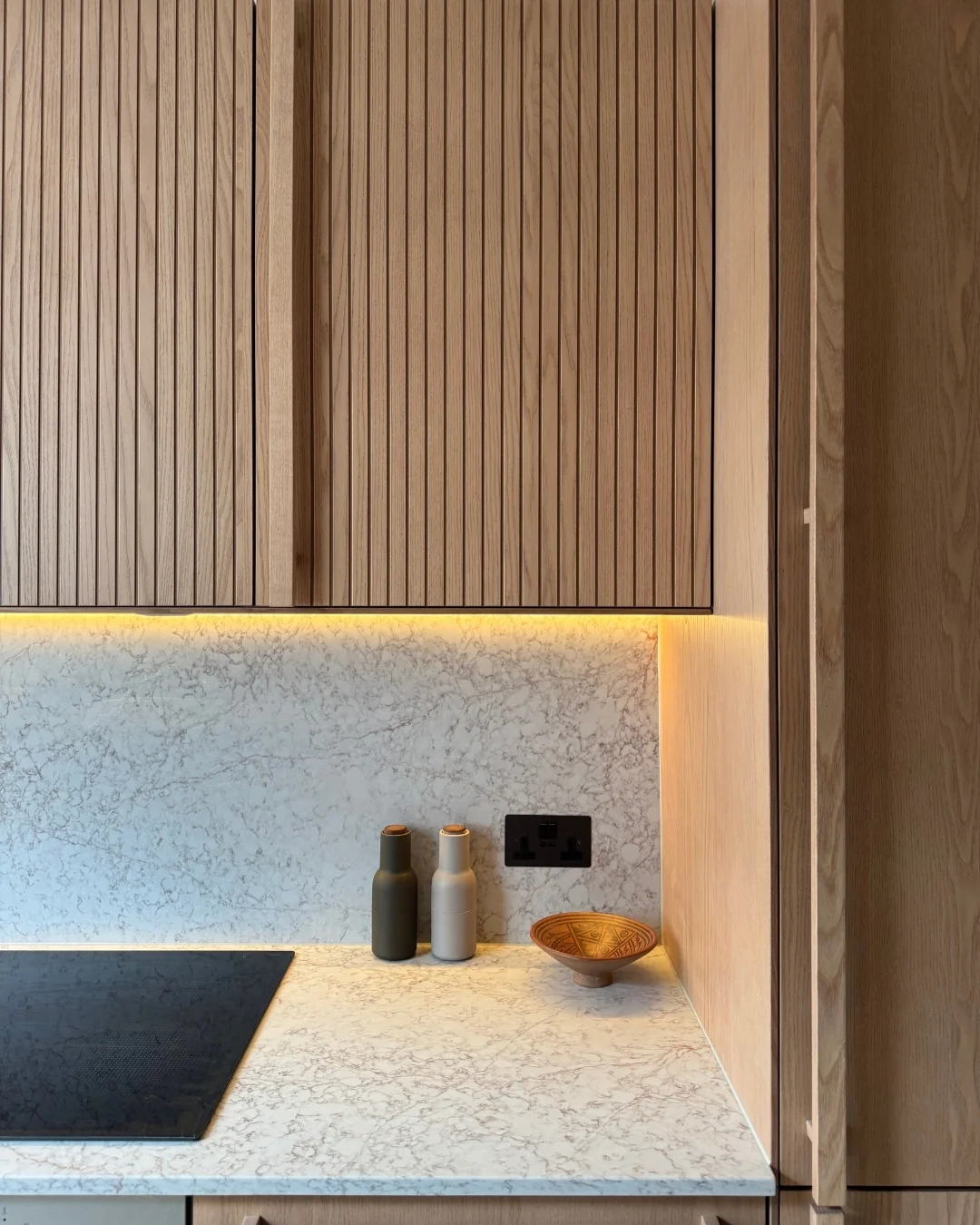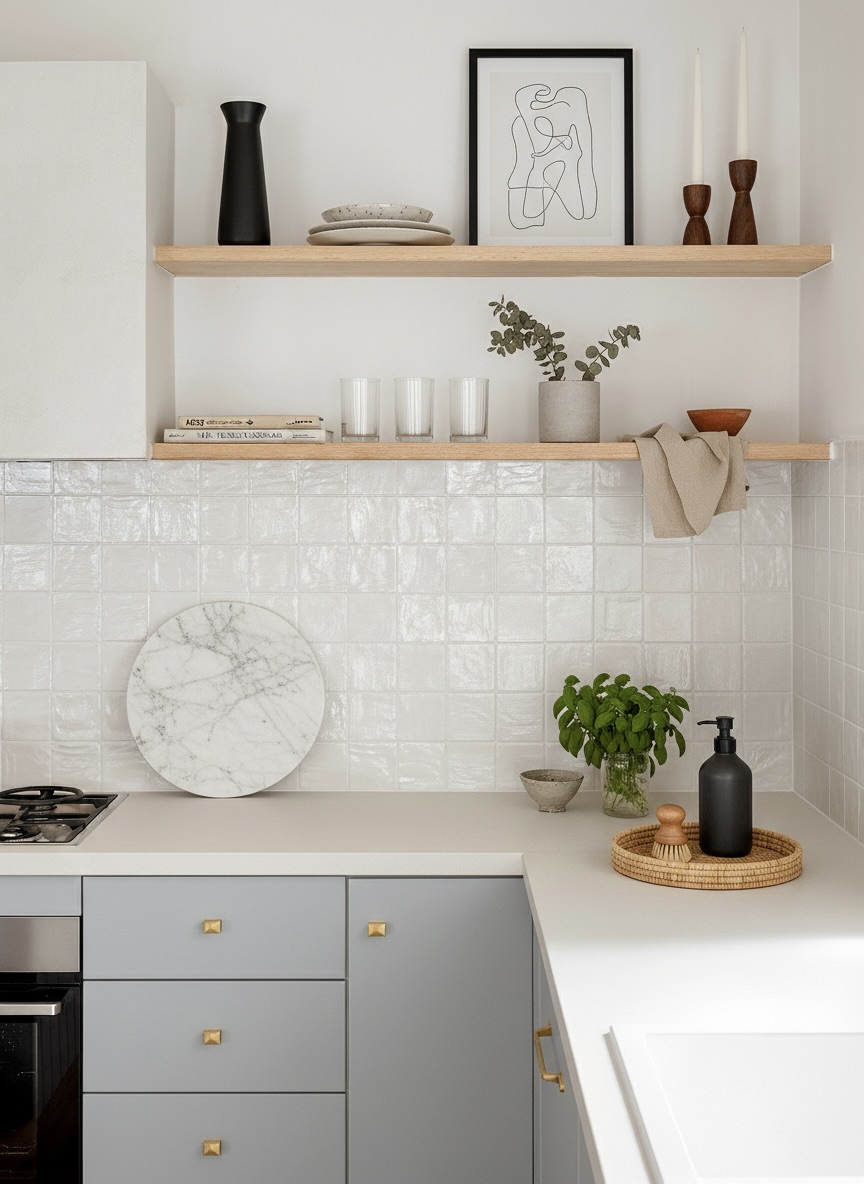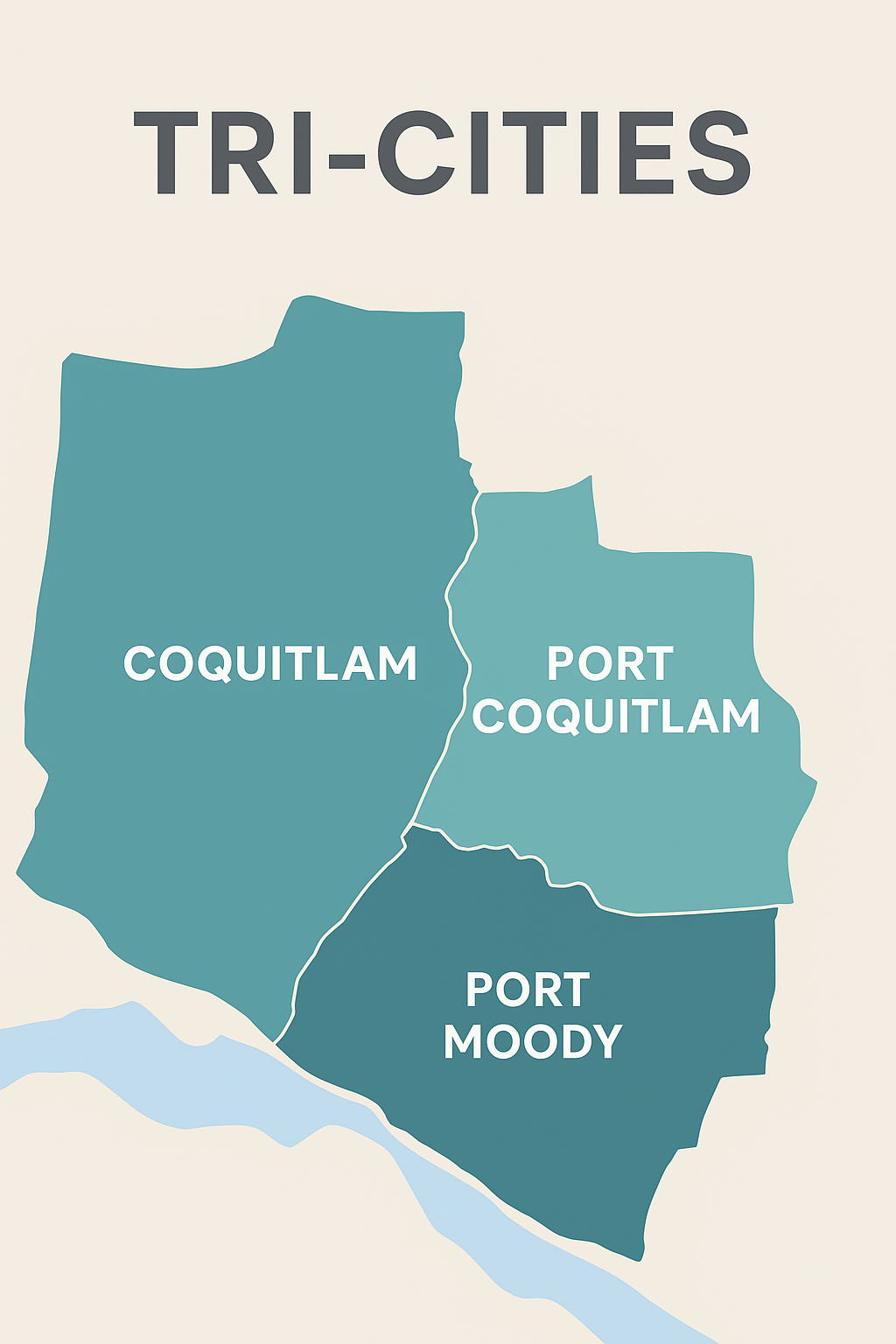
- Blog, Coquitlam, Renovations
Coquitlam vs. Port Coquitlam vs. Port Moody: Renovation Comparison
- By matin@quayconstruction.ca
Renovating in the Tri-Cities (Coquitlam, Port Coquitlam, and Port Moody) offers tremendous opportunities — but not all municipalities are equal when it comes to complexity, cost, and permit processes. In this post, we’ll break down Tri-Cities renovation costs, explore the permit landscape, examine neighborhood and home style differences, and help you decide which city is right for your renovation project. As a trusted Tri-Cities contractor, QUAY Construction has the local know-how to guide you through every step.
1. Introduction to Tri-Cities Renovations
When homeowners talk about renovating in the Tri-Cities, they’re often referring to Coquitlam, Port Coquitlam (PoCo), and Port Moody — three closely linked municipalities in British Columbia’s Lower Mainland. Whether you’re planning a kitchen overhaul, a basement conversion, or a full home transformation, understanding how costs and processes differ across these cities is vital.
At QUAY Construction, we’ve managed dozens of renovation projects in all three cities. Our experience gives us a front-row seat to what impacts costs, how permit timelines vary, and where your renovation dollar goes the furthest in the Tri-Cities.
In this guide, we’ll detail:
Average renovation costs in each city
Permit processes and fees
Neighborhood and architectural differences
Return on investment (ROI) by city
Contractor timelines and availability
Our advice on which Tri-City is right for your renovation
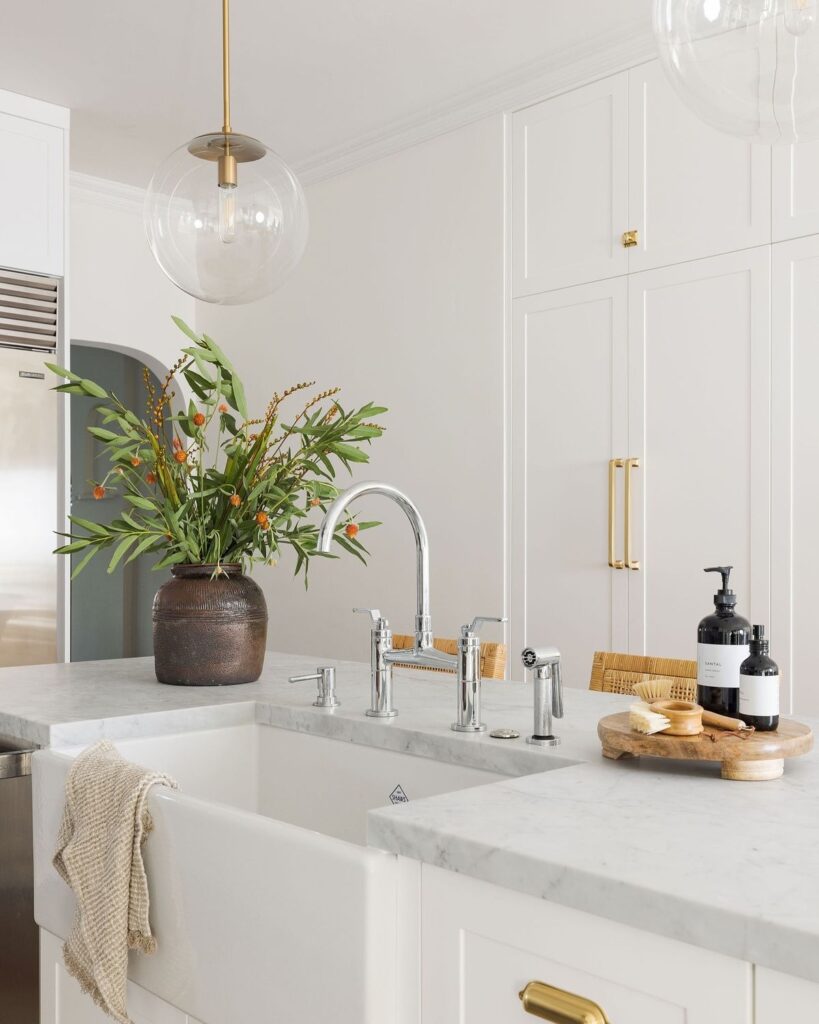
2. Renovation Costs Comparison
One of the most common questions homeowners ask is: “How much will my renovation cost in my city?” These costs depend heavily on the scope, finish quality, and local market conditions.
What Drives Renovation Costs in the Tri-Cities
Local labour demand: Skilled trades are in high demand across Metro Vancouver, driving up hourly rates.
Materials and finishes: Premium cabinets, countertops, and flooring add up quickly.
Permit and compliance: Depending on the city, building permits, energy-efficiency requirements (e.g., BC Step Code), and inspections can add significant cost.
Complexity: Structural changes, basement suites, or layout reconfigurations significantly raise costs compared to cosmetic upgrades.
Tri-Cities Average Renovation Cost Ranges
Because the Tri-Cities are part of the larger Metro Vancouver region, renovation cost trends frequently align with broader Vancouver-area data. According to local renovation cost guides, typical renovation rates range from $150–$300 per sq ft for mid-range projects and can go higher (to $300–$400+) for very high-end or structural renovations.
Here’s a breakdown by city, based on QUAY Construction’s experience & local context.
Coquitlam Average Costs
According to QUAY Construction’s own service data, kitchen renovations in Coquitlam typically range from $35,000 to $85,000+, depending on size and finish.
Bathroom renovations: ~$15,000–$35,000+
Basement renovations: ~$40,000–$120,000+
Full-home renovations: $120,000–$350,000+ depending on size and scope.
These ranges align with broader Metro-Vancouver renovation norms. For instance, some Vancouver-based firms quote $150–$400/sq ft depending on finish level.
Port Coquitlam Average Costs
PoCo’s renovation landscape is similar to Coquitlam in terms of labour and material costs, since it’s part of the same regional market.
Permit fees in PoCo are scaled to construction value: for example, the building permit fee is 0.55% of construction value (plus a base) for projects between $50,000–$500,000.
For cosmetic updates, realistic ranges might be slightly lower than in Coquitlam simply due to less complex permitting for minor projects, but for full gut or high-finish work the costs converge.
Port Moody Average Costs
Port Moody, while smaller, is still well within the Metro Vancouver construction economy, so material and labour costs are comparable.
Given its more limited development footprint and potentially tighter permit reviews (especially in sensitive or heritage areas), soft costs (like planning, design, and fees) may be somewhat higher for complex projects. QUAY’s experience suggests that full-home or structural renovations in Port Moody often fall into the same broad ballpark ($200+/sq ft for mid-to-high finish), especially when factoring in City review time and permit complexity.
| City | Typical Renovation Cost Range | Key Cost Drivers |
|---|---|---|
| Coquitlam | $150–$300+/sq ft (mid to high) | High demand trades, permit process, finish quality |
| Port Coquitlam | Slightly lower for minor work; converges for full reno | Scaled permit fees, similar labour cost |
| Port Moody | Comparable to Coquitlam for full scope; slightly higher soft costs | Smaller municipality, planning/review complexity |
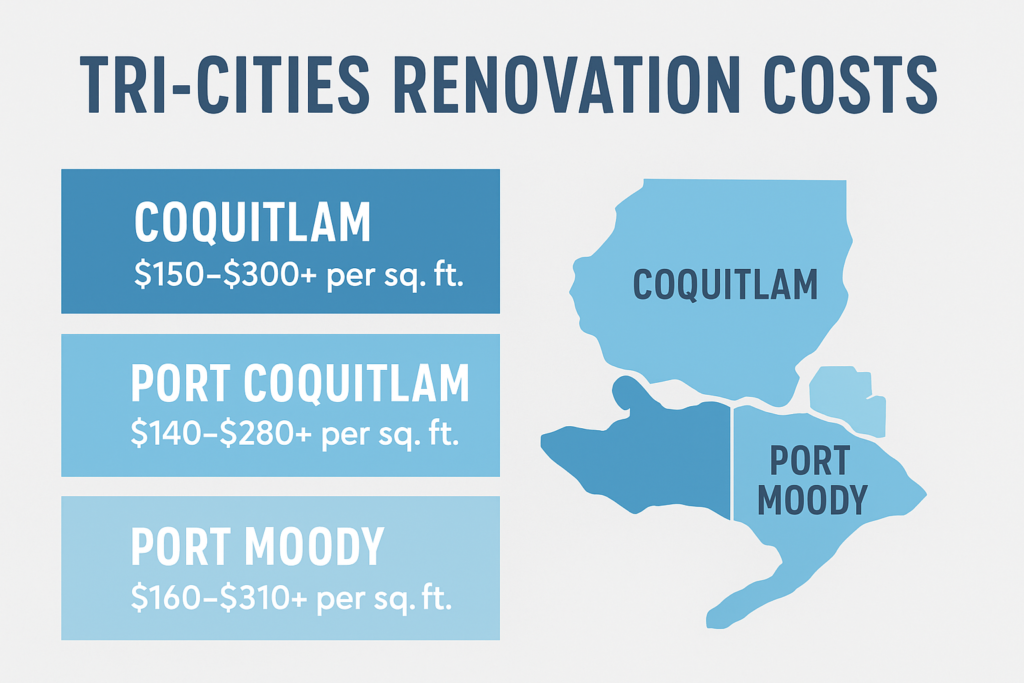
3. Permit Process Differences
When budgeting your renovation, one of the hidden costs often overlooked is the permit process. Permit timelines, fees, and application complexity can vary significantly across the Tri-Cities.
City of Coquitlam Requirements
Coquitlam requires building permits for most significant renovations: structural changes, new rooms, finishing a basement, etc.
The city offers major and minor project permit categories. For “minor projects” (e.g., decks, interior alterations, secondary suites), the application tends to be faster and more straightforward.
Permit applications go through Coquitlam’s digital system, QFile, for plan submission, review, fee payment, and drawing issuance.
The City provides detailed Building & Construction Guides to help with drawing, zoning, and code compliance.
Typical processing for minor projects takes 15–20 business days for first review.
City of Port Coquitlam Requirements
Building permits are mandatory for renovations that alter structure, plumbing, occupancy, or create new spaces.
Permit fees are based on construction value. For example, for $50,000–$500,000 value projects, it’s 0.55% + $150 for the portion before permit issuance.
Inspections are required throughout the process to ensure work complies with safety standards.
For development permits (if required), smaller exterior façades or additions under $100,000 may even be exempt from a Development Permit in certain cases.
City of Port Moody Requirements
Port Moody requires building permits for renovations such as additions, finishing basements, or altering occupancy. Renovations also might need to satisfy BC Energy Step Code or Zero-Carbon Step Code standards.
The city’s Permits & Applications website provides checklists and building guides to support permit submissions.
For development permits: if your property falls within a Development Permit Area (DPA), you may need to submit detailed plans and meet design guidelines.
Their Guide to Building Permit Applications outlines the need for two sets of plans, site plan, structural details, and more.
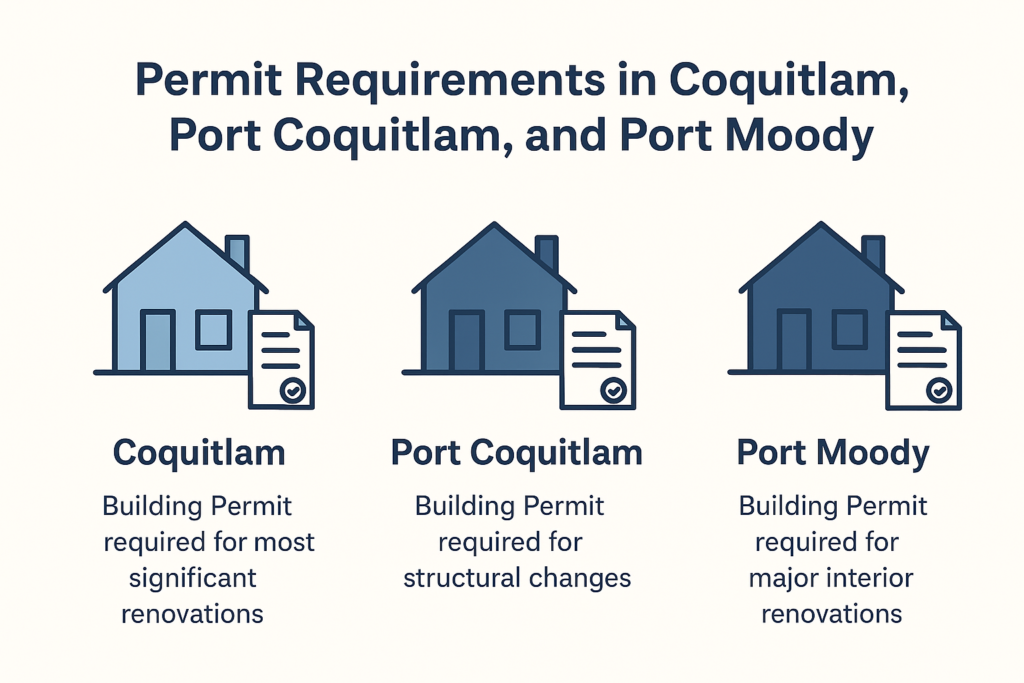
4. Neighborhood Characteristics
Understanding Tri-Cities neighborhoods is key to contextualizing renovation decisions — location impacts not just cost, but design, project scale, and value.
Coquitlam: The largest of the three, with a mix of older single-family neighborhoods (e.g., Burke Mountain, Maillardville) and newer master-planned communities. This variety gives flexibility in renovation design and style from heritage restorations to modern open-concept homes.
Port Coquitlam (PoCo): Known for its more laid-back suburban feel, tree-lined streets, and affordability relative to some parts of Metro Vancouver. Renovations here often balance cost with practicality, especially for families.
Port Moody: Features stunning views, waterfront properties, and hilly terrain. Neighborhoods like Moody Centre or Inlet Centre are more dense and may have stricter design or environmental regulations, especially in sensitive zones.
These local dynamics influence renovation goals: in Coquitlam and PoCo, homeowners may lean into larger-scale interior renovations, while in Port Moody, the emphasis may be on maximizing views, respecting heritage or natural terrain, and optimizing small but premium spaces.
5. Home Styles Across Tri-Cities
The styles of homes in the Tri-Cities vary, and that affects both renovation scope and cost.
Older Character Homes: Many parts of Coquitlam and PoCo have homes built in the mid-20th century. These may need structural upgrades, rewiring, or foundation work, which increases cost but also allows for high ROI when modernized.
New Subdivisions: In Coquitlam (Burke Mountain, for example), modern open-plan homes are common. These are easier to reconfigure, but customizing finishes (kitchens, baths) can push budgets.
Condos & Townhomes: All three cities have a strong presence of strata housing. COSs often renovate kitchens and bathrooms (~ $25,000–$75,000+ depending on size and quality).
Waterfront or Hillside Homes (Port Moody): Sloped lots, views, and unique architecture mean that renovations often focus on maximizing terraces, decks, windows, and energy efficiency.
6. Return on Investment (ROI) by City
When renovating, many homeowners also think about how much value they’ll recoup when they sell. Here’s how ROI can differ across the Tri-Cities, based on our experience at QUAY Construction and local market trends.
Coquitlam: Because of its size and growth, quality renovations (kitchens, bathrooms, secondary suites) can lead to strong ROI. Buyers in Coquitlam often pay premiums for modern finishes, making renovation investments more likely to pay off.
Port Coquitlam: ROI can be very favourable, especially for practical renovations that increase livability rather than luxury. Renovating to improve functionality (storage, layout, finishes) typically pays off.
Port Moody: ROI can be robust when you target the right upgrades — think high-view finishes, outdoor spaces, and energy-efficiency. However, over-customizing for very niche or ultra-lux finishes may reduce broad market appeal. That said, well-executed waterfront or hillside renovations can command a premium.
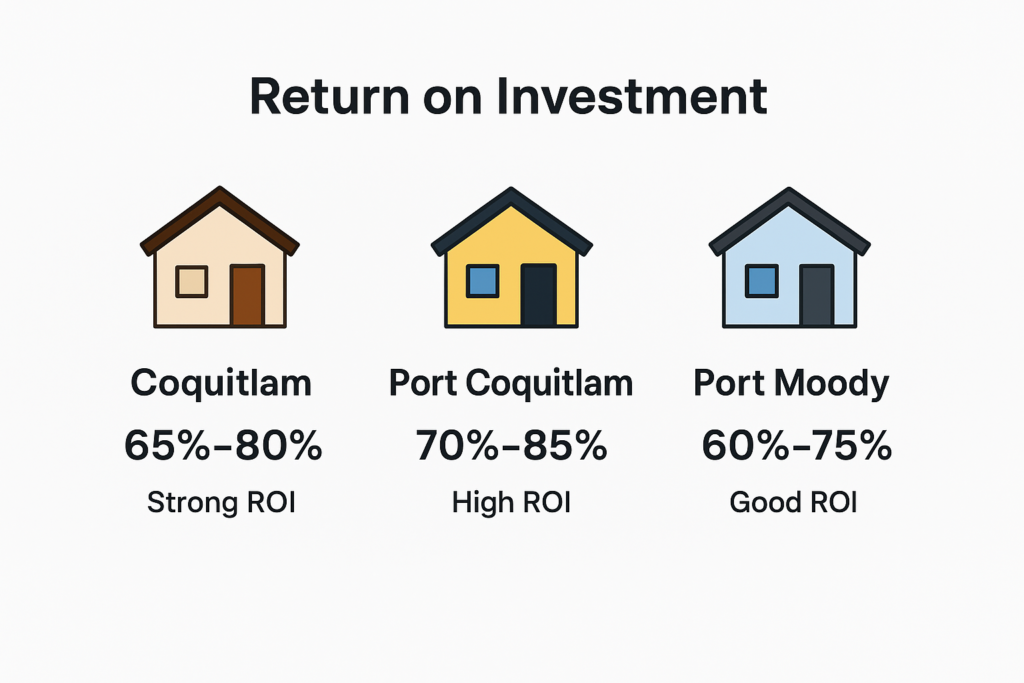
7. Timeline and Contractor Availability
One of the practical realities of renovation in the Tri-Cities is contractor availability and project timing.
Coquitlam: Due to its size, there’s a relatively large pool of contractors, architects, and designers. However, demand is high, and lead times (especially for good subcontractors) can stretch.
Port Coquitlam: Slightly lower competition than in Coquitlam, which may help with scheduling, especially for mid-size renovation firms.
Port Moody: Smaller city means fewer large contractors, but many skilled local trades operate here. The more unique nature of Port Moody properties (sloped sites, heritage) can require specialized expertise, which may affect timelines.
QUAY Tip: For all Tri-Cities renovations, it’s smart to start your contractor search early, lock in preliminary plans, and submit permit applications as soon as possible. This proactive approach helps avoid delays, especially during peak construction seasons.
8. Which Tri-City Is Right for Your Renovation?
Here’s a quick guide to help you think through which city might make the most sense for your renovation, depending on your goals.
Choose Coquitlam if:
You want maximum flexibility (older or newer homes)
You’re planning a large-scale renovation (full home, basement, major reconfiguration)
You want access to a broad contractor/design talent pool
Choose Port Coquitlam if:
You want suburban convenience at a slightly lower cost
Your renovation is functional (more about livability than luxury)
You value straightforward permit processes and potentially faster contractor availability
Choose Port Moody if:
You care about views, outdoor space, or hillside properties
You’re open to more specialized design or structural challenges
You’re interested in high-impact but perhaps smaller-scale renovations that boost resale value
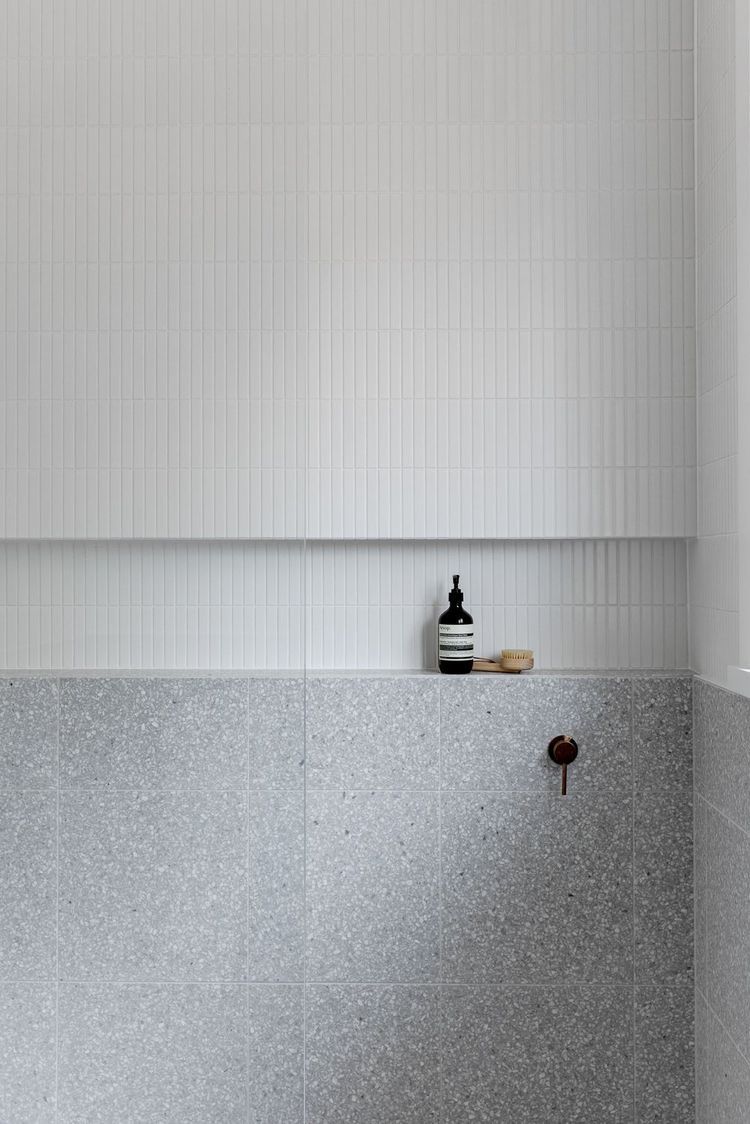
9. QUAY’s Tri-Cities Experience
At QUAY Construction, we’ve built strong roots throughout the Tri-Cities:
We manage permit applications end-to-end, working closely with City of Coquitlam, Port Coquitlam, and Port Moody planning and building departments.
Our portfolio includes kitchen, bathroom, basement, condo, and whole-home renovations across all three cities.
We emphasize transparency: our detailed scopes, open communication, and realistic estimates help homeowners understand where their money goes — whether that’s into materials, labour, or permit costs.
We also help clients think about ROI, drawing on our local market knowledge to recommend renovations that align with future value.
People Also Ask (FAQ)
Q: What are typical renovation permit fees in each Tri-City?
A: Permit fees vary by project value and city. For example, Port Coquitlam charges 0.55% of construction value (plus a base) for projects in the $50,000–$500,000 range. Coquitlam and Port Moody also have defined permit and application checklists; Coquitlam uses its QFile system to streamline plan review.
Q: Do all renovation projects need a building permit?
A: Not always. Cosmetic work (paint, minor repairs) may not trigger a permit, but any structural changes, added rooms, or plumbing work generally will. In Port Moody, for example, most interior renovations require a permit unless they’re very minor.
Q: How long does the permit process take in Coquitlam?
A: For minor projects, Coquitlam’s building permit review typically takes about 15–20 business days for first review. More complex or larger-scale projects may take longer depending on completeness, compliance, and plan revisions.
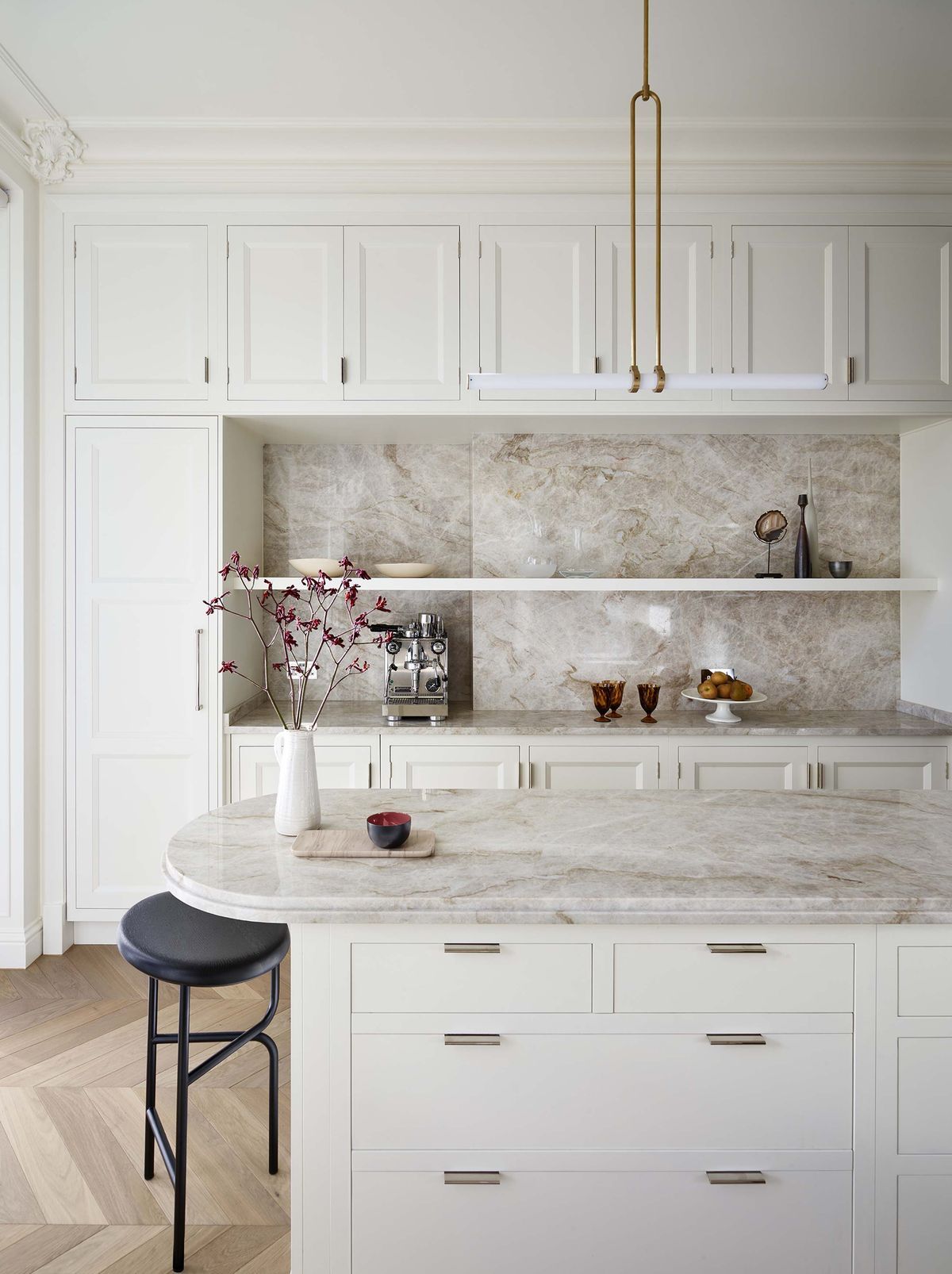
Conclusion & Call to Action
Renovating in the Tri-Cities — whether in Coquitlam, Port Coquitlam, or Port Moody — can unlock incredible value, but it also requires thoughtful planning. By understanding Tri-Cities renovation costs, the permit process, neighborhood dynamics, and contractor timelines, you’ll be better equipped to make informed decisions and get the most out of your renovation investment.
If you’re ready to explore a renovation in any of the Tri-Cities, QUAY Construction is here to help. We bring local expertise, transparent budgeting, and a proven track record to every project.
👉 Contact us today to schedule a free consultation and get started on your renovation journey.

